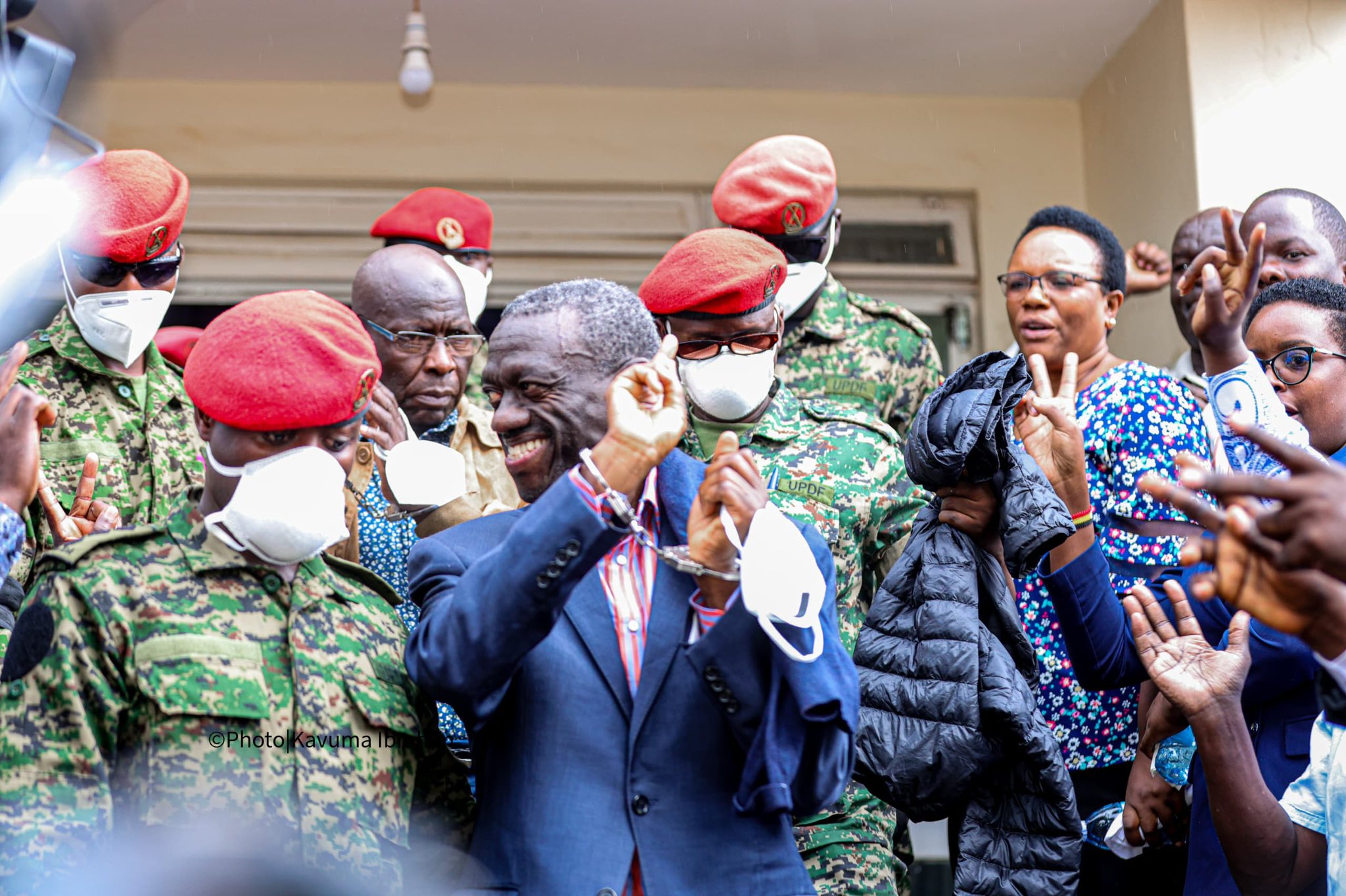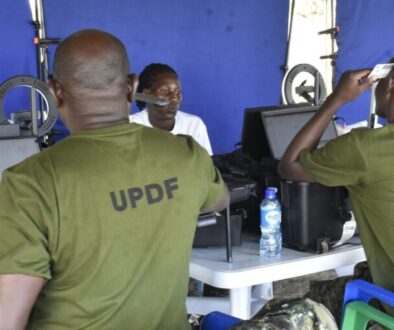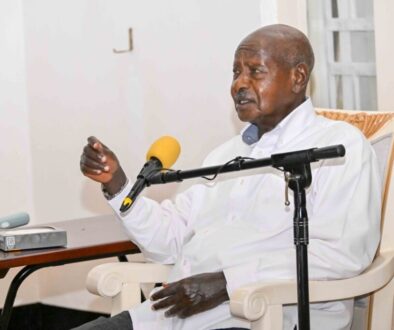Drop Charges Against Besigye, says UHRC

The commission has expressed serious concerns over the legality and manner in which the charges were filed, calling them “defective” and “incurable”.
By Our reporter
KAMPALA – The Uganda Human Rights Commission (UHRC) has denounced the charges brought against opposition stalwart Kiiza Besigye and his co-accused, Obeid Lutale Kamulegya, urging the government to drop the case entirely.
The commission has expressed serious concerns over the legality and manner in which the charges were filed, calling them “defective” and “incurable”.
In a revealing interview with Mariam Wangadya, chairperson of UHRC, the commission highlighted its opposition to the four-count charge sheet presented against Besigye and Lutale.
It argued that the alleged offenses occurred on foreign soil—in Kenya—and as such, the case falls outside the jurisdiction of Uganda’s military courts.
“The charges should be dropped without condition,” Wangadya stated, adding that if any charges were to be preferred, they should be addressed in a civilian court, not a military one.
“The charge sheet is fundamentally flawed and cannot be corrected. Criminal law clearly states that offenses committed on foreign soil must be prosecuted in the country where they happened,” she explained.
Wangadya also took issue with the decision to try Besigye and Lutale in the General Court Martial, a tribunal generally reserved for active military personnel.
Both men are civilians, and the commission argued that the charges brought against them do not fall under military jurisdiction.
“These are civilians, not military officers, so military law doesn’t apply here. The charge sheet is defective and cannot be fixed. It should be dropped immediately,” Wangadya remarked, stressing the inappropriateness of using military courts for such cases.
In addition to the legal concerns, the commission criticized the forceful removal of Dr Besigye from Nairobi by Ugandan authorities. Wangadya questioned the need for such swift action, particularly since the alleged meetings he was accused of organizing had not yet borne any fruit.
“If there was to be an arrest, it should not have been conducted in this aggressive manner. The authorities could have waited for him to return to Uganda. What was the rush?” Wangadya said.
“The country was not in any crisis, and there was no indication of a threat to national security.”
The Chairperson also noted that the urgency behind Besigye’s removal, especially in the absence of any immediate danger, raised questions.
“Why such an urgent operation? If the alleged meetings were even real, there was no immediate threat to national security. Why the haste?” she added.
In response to the incident, Wangadya reached out to Dr. Roseline Odede, Chairperson of the Kenya National Human Rights Commission, to initiate an investigation into Besigye’s abduction.
Odede’s report described the action as a “kidnapping,” a characterization that Wangadya said could not fault her counterpart in Nairobi.
“This was clearly an abduction, not an arrest,” Wangadya concluded, emphasizing the gravity of the violation of human rights.
The call from the Uganda Human Rights Commission to drop the charges against Besigye and Lutale, as well as to address the manner in which they were detained, has added to the growing public outcry over the government’s treatment of political opposition figures in Uganda.


